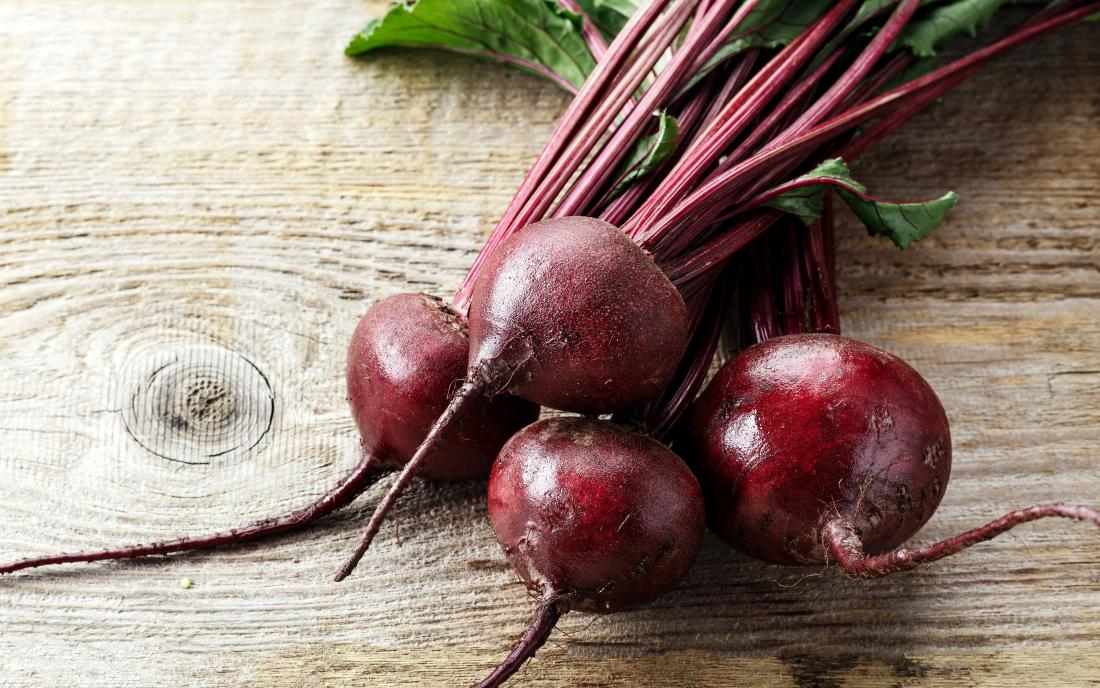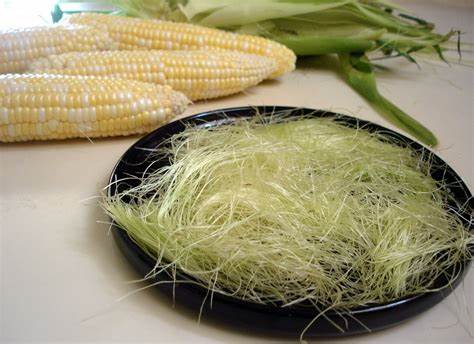If you know of someone who might benefit from this information, please share this episode with them. I’d like to help out as many folks as possible with this information, so if you could help me spread the word, that would be awesome!
If this information is helpful to you, please consider making a donation by buying me a cup of coffee. Your support is very greatly appreciated!
What do the Kidneys do?
Our Kidneys filter out byproducts of metabolism, such as ammonia, urea, uric acid, creatinine; industrial toxins, such as heavy metals; and excess nutrients from food and vitamins that we take, such as salt, Vitamin C, and B Vitamins. Even though the kidneys are very good at purging the toxins from our blood, it may be hard for the kidneys to pass the toxins into the urine, so they start to accumulate and cause damage to the kidneys, or the toxins may be reabsorbed back into your blood!
What do Kidney Toxins do to your body?
Urea causes extreme fatigue, leg cramps, reduced appetite, headaches, and trouble concentrating.
Uric Acid causes urate crystals to accumulate in your joints, such as with Gout and Osteoarthritis.
Creatinine causes high blood pressure and fluid retention or swelling.
Heavy Metals such as Cadmium, chromium, lead, mercury, platinum, and uranium are all nephrotoxic, meaning they cause kidney damage. Cadmium is found in high phosphate fertilizers, used for convention farming of tobacco, soybeans and rice. Mercury is found mostly in silver fillings, and in large or older fish.
New-to-Nature molecules that are damaging to the kidneys include flourinated hydrocarbons, such as Teflon. Another new-to-nature molecule, Glyphosate, is a weed killer commonly used in conventional farming, and in weed killing products used around the home, such as Roundup. Glyphosate can leach into well water that we drink.
NSAIDs, such as Acetaminophen, aspirin, ibuprofen, naproxen, indomethacin, and COX-2 inhibitors have now all been shown to cause kidney damage when used chronically.
Excessive consumption of Salt and Phosphates from processed foods overloads the Kidneys, and impairs their ability to eliminate other toxins.
So… what can be done about this?
- Drink more water, at least 6-8 glasses per day! I’m sure you’ve all heard that one before, and that’s because its really important. But on the other hand, you don’t want to drink too much water, because that just makes your kidneys work harder to process it all. So try to get that 6-8 glasses per day.
- Be more aware of the foods we eat. Reduce consumption of processed foods which are high in salt and phosphorus. Eat organic fruits and vegetables that were not grown in kidney damaging fertilizers.
- Consider changing the products we use in and around our homes. Use more natural cleaners, pesticides and weed killers, that do not contain kidney harming chemicals.
Get some help from Herbs!
|
Marshmallow Root (Althaea officinalis) – Marshmallow Root adds mucilage to the urinary system to sooth inflammation, and adds nourishment and protection to mucous membranes. If you have kidney stones, Marshmallow Root will help them pass through your urinary tract. Marshmallow Root actually binds with toxins in the kidneys, to make them easier to flush out in the urine. It is a gentle diuretic Herb, therefore, not as irritating to the kidneys as other diuretic Herbs. But its use should be limited to no more than 3 weeks, with a long break in between uses.
|
Herbs to NOT use for Kidneys!
Diuretic Herbs – Parsley, Dandelion Leaf, Goldenrod, etc. are usually included in most Kidney Cleansing formulas you see online. These are also diuretic Herbs, and are irritating to the kidneys. If used, they should be limited to only 1 week, with a long break between uses.
My own Personal Experience…
My blood pressure has also been reduced just a little bit. And I have less pain in my knees and hips now. I don’t think it was actually to arthritis stage yet, but maybe just cleared up some minor deposits in my joints. So, yes, lots of benefits to taking proper care of your kidneys, and getting all those toxins flushed out.
If you are interested in learning more about the information I have outlined, I’ve included links to some articles below that you can check out.
I hope this information has been helpful to you. If you have any questions or comments, please let me know. And thanks so much for joining me today!
Blessings and good health to you all!
|
|
This episode is also available as a Podcast. The easiest way to find my Podcast is to search for my name (Sandy Gowland) in your favorite Podcatcher.
Or Click Here to listen to the Podcast on Spotify. |
Further Reading –
https://www.ncbi.nlm.nih.gov/pmc/articles/PMC4718206/
The Kidney Dysfunction Epidemic, Part 2: Intervention, by Joseph Pizzorno, ND
https://www.ncbi.nlm.nih.gov/pmc/articles/PMC4818073/
The Underrecognized Epidemic of Chronic Kidney Disease, June 04, 2019 | by Steve Graff
https://www.pennmedicine.org/news/news-blog/2019/june/the-underrecognized-epidemic-of-chronic-kidney-disease
Role of Toxic Elements in Chronic Kidney Disease (2018)
https://www.ncbi.nlm.nih.gov/pmc/articles/PMC6285682/
Urea buildup in kidney disease patients may cause diabetes, Nephrology News, Aug 2016
https://www.healio.com/news/nephrology/20180227/urea-buildup-in-kidney-disease-patients-may-cause
Switch: Kidney Disease Can Lead to Diabetes (2017)
https://www.webmd.com/diabetes/news/20171226/switch-kidney-disease-can-lead-to-diabetes
Neurological sequel of chronic kidney disease: From diminished Acetylcholinesterase activity to mitochondrial dysfunctions, oxidative stress and inflammation in mice brain (2019)
https://www.nature.com/articles/s41598-018-37935-3




